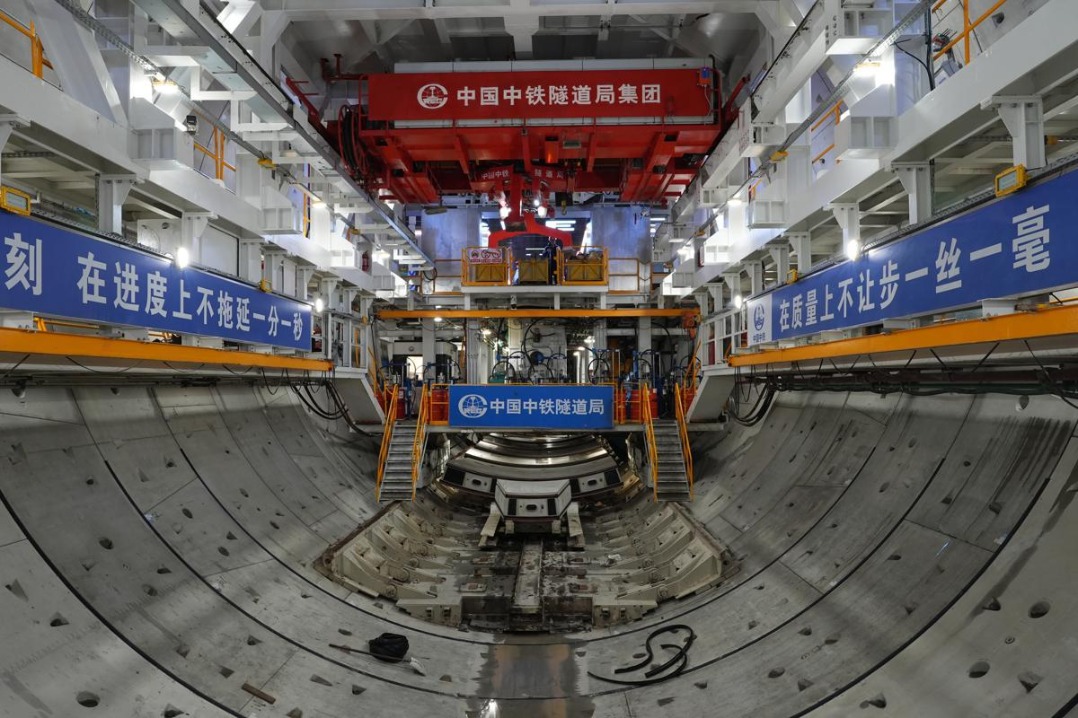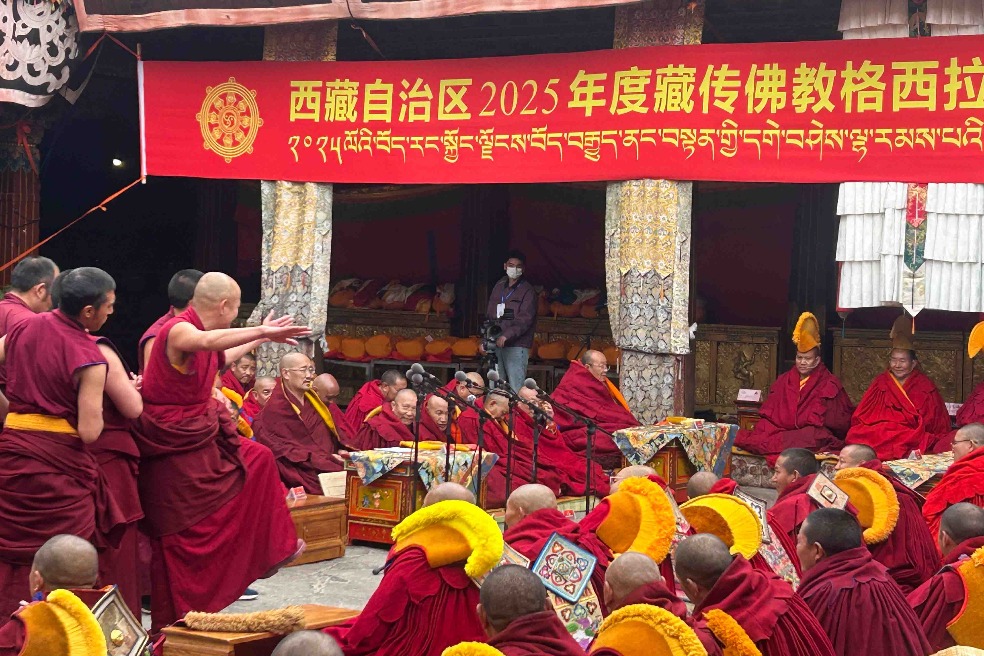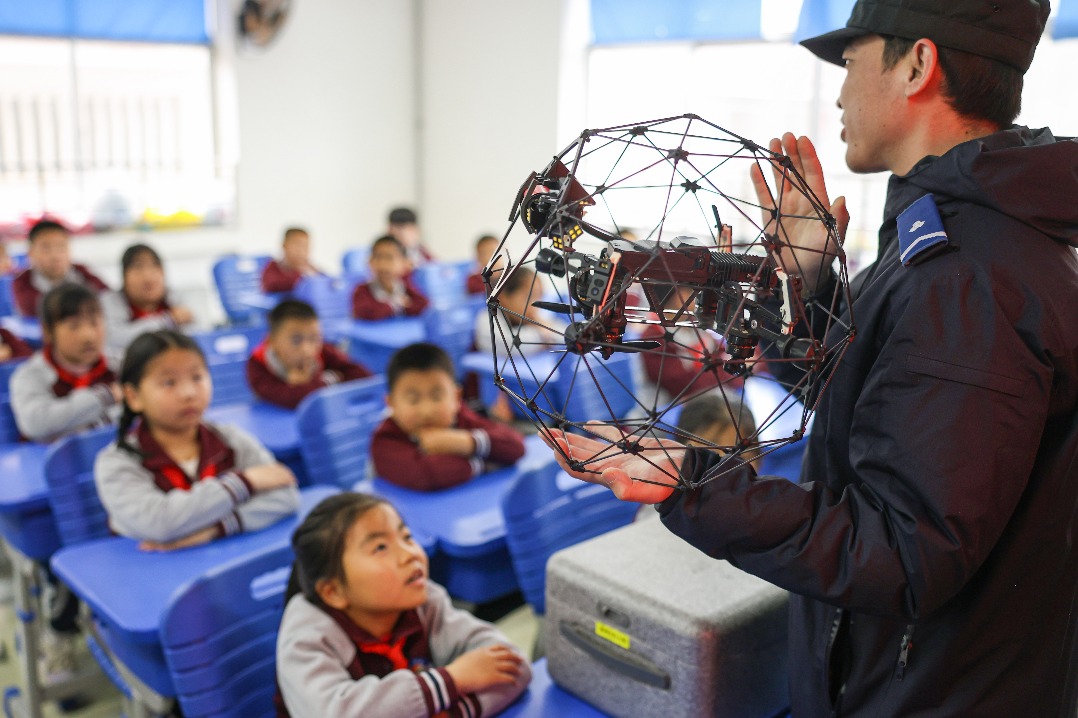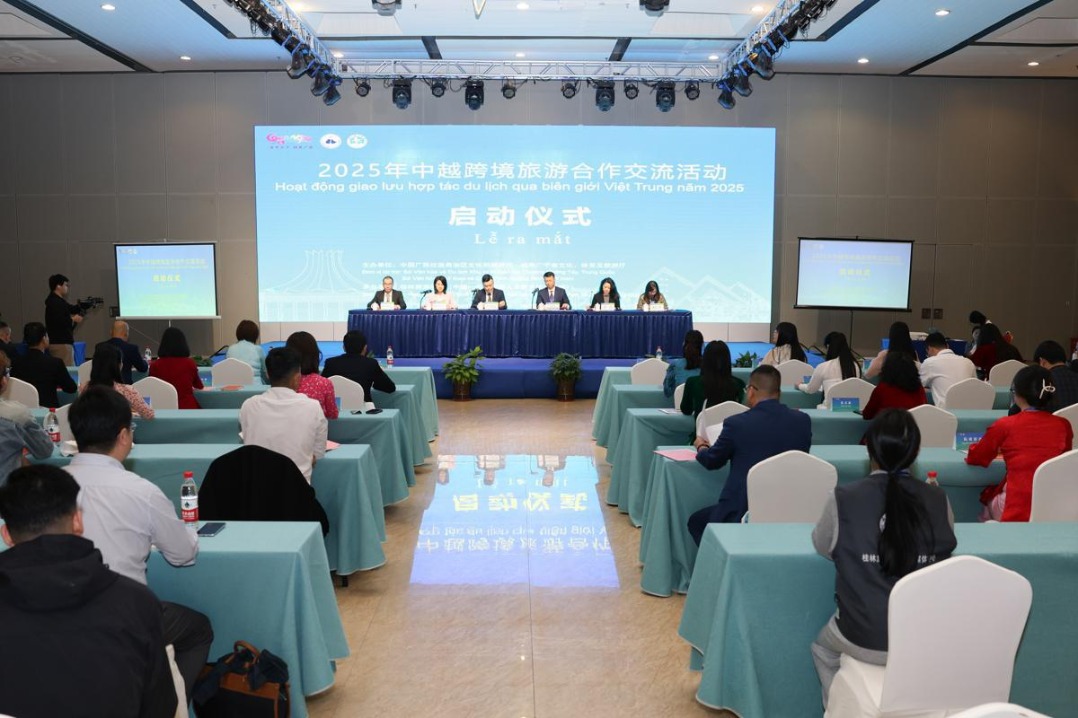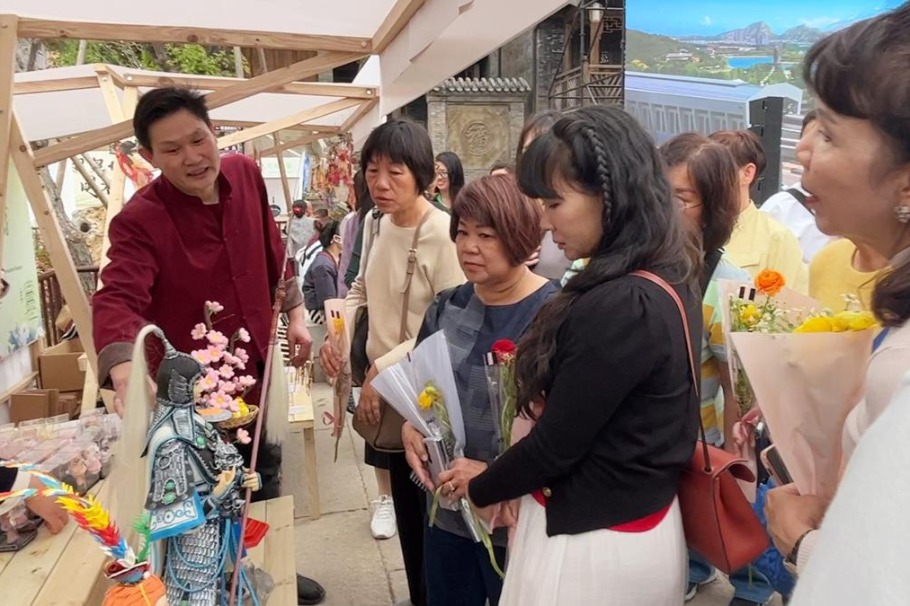When you are in danger, motherland takes you home

Editor's Note: To celebrate the 100th founding anniversary of the Communist Party of China, we are launching the "100 CPC Stories in 100 Days" series, featuring foreigners who witnessed and participated in the CPC's history and helped the world better understand the CPC. The following is the 82nd story of the series.
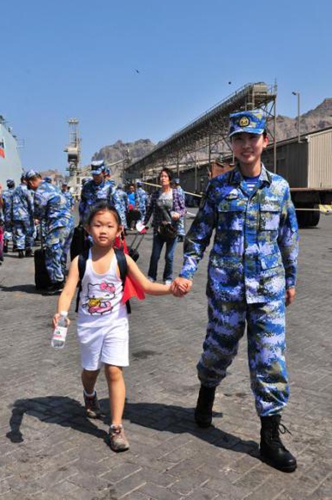
In April 2015, a photo touched countless Chinese people and received many re-posts and likes online. It featured a female Chinese naval soldier holding a little Chinese girl's hand as they prepared to board a warship. Carrying a backpack and holding a bottle of water, the little girl was walking briskly in good spirits.
People captioned the photo "Don't be afraid. I'll take you home." The photo captured a heart-warming scene during the evacuation of Chinese nationals from Yemen in 2015, and there are many more heartening and moving stories behind it.
In March 2015, the turbulence in Yemen worsened, sending the security situation into a downward spiral. Bullets soared and artillery roared. Chinese nationals faced grave danger in strife-torn Yemen.
At this critical juncture, the Central Committee of the Communist Party of China and the State Council made a resolute decision. President Xi Jinping ordered a naval escort fleet to carry out the evacuation of Chinese nationals from Yemen. The Ministry of Foreign Affairs acted immediately to implement the instruction.
It activated an emergency response mechanism, worked in collaboration with relevant departments, and guided related embassies and consulates in coordinating and cooperating in the mission.
Upon receiving the instruction to evacuate Chinese nationals, all diplomats of the Chinese Embassy in Yemen and the Chinese Consulate General in Aden sprang into action.
They raced against time to tally the number of Chinese nationals and contact them, plan out the evacuation, obtain entry permits for warships, and make arrangements for the gathering and transportation of personnel. They worked amid the rumbling of artillery and gunfire in the day, and went to sleep accompanied by the sound of air strikes at night. They got only about two hours of sleep every day.
Wearing bullet proof vests and helmets, the diplomats drove to the ports many times for negotiation and coordination despite the fighting, and opened up a green channel for safe and speedy evacuation. They were cool-headed and fearless in the face of flying bullets and shrapnel, for all they had in mind was the evacuation of fellow Chinese rather than their own safety.
Hu Yaowu, Counselor of the Chinese Embassy in Yemen, recalled that the shelling was the fiercest from the evening of March 30 to the early morning of March 31. "Bombs were raging overhead, but I felt rather calm now that we had sent our fellow Chinese home."
Ma Jizhong, Consul of the Chinese Consulate General in Aden, was on the phone with his colleague in China about the evacuation when a bomb exploded just a dozen meters away from the Consulate General. The blast knocked his cellphone off his hand, but he simply picked it up and composedly continued the call.
- Xi hopes Cambodia visit to spearhead progress in building China-Cambodia community with shared future
- China leads green energy transition in Antarctic exploration: experts
- China steps up measures to combat illegal fishing, officially joins PSMA
- Shanghai drives development of 'new cities' with targeted action plan
- Nation's job market remains stable in Q1
- University's flexibility let me dive into my potential
















